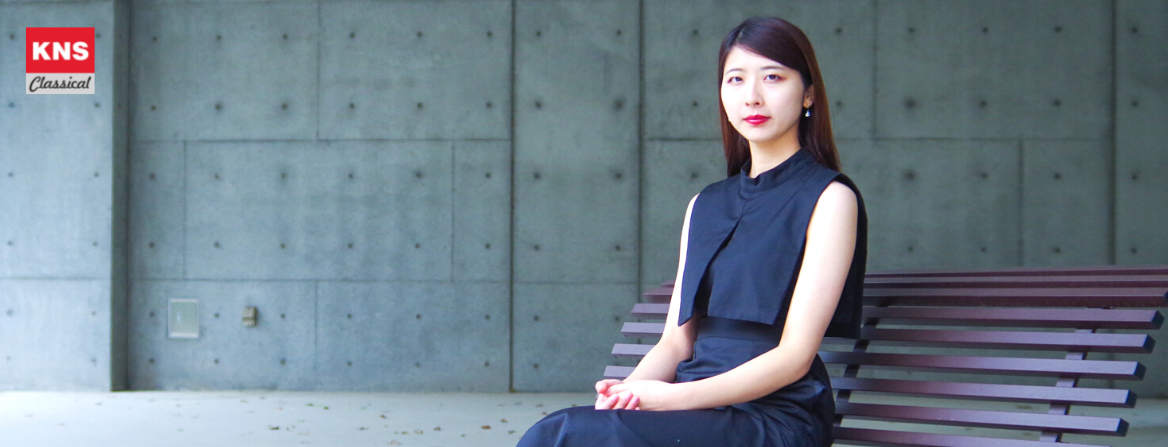
Hibiki Nakajo
Japanese pianist Hibiki Nakajo was born in Oita, Japan on 22 October 1999 and began learning piano at the age of four. She entered the Aichi University of the Arts under Prof. Kumi Uchimoto in 2018, and graduated in 2022. She is currently studying Postgraduate under Prof. Irina Chukovskaya . Hibiki has won awards in numerous piano competitions, such as Gold Medal at the Music and Stars Awards (2021), 1st prize and ‘Special Prize by The Chairman of the Chinese Music Council’ at the Banri no Chojyo Cup International Music Competition(2021), 2nd prize at the GIFU International Music Festival (2021), 3rd prize at the Japan Classical Music Competition (2015) and 5th prize at the Cecilia International Music Competition (2021). She has performed on many recitals, music festivals and concerts in Japan. She recorded her first CD with pieces by Ravel, Hashimoto and Rachmaninoff, which will be released under the KNS label.
Hibiki is an excellent pianist with huge potential for development. Her debut CD represents her highest proficiency: high pianistic culture, best sense of taste, stormy temperament, precise stylistic sense. Her technique allows her to master the most complex piano pieces. The CD features music by Ravel, Hashimoto and Rachmaninoff. Hibiki vividly and accurately expressed the purity, crystal coloring of the music of the Jeux d’eau, as well as the coloristic effects of the piece: the changeability of sound waves that convey “streaming, a bright burst of murmuring cascades.” The new harmonic effects of the Ravelian language are also emphasized charmingly in her performance. Hibiki’s sound palette is mesmerizing. Ravel’s Gaspard de la nuit is one of the most complex pieces of the pianistic repertoire. This is the pinnacle of Ravel’s new pianism, both in terms of coloristic and virtuosity. Hibiki equally truthfully embodies the exquisitely bizarre, poetic imagery of Ondine, the gloomy color of le Gibet and the ominously fantastic world of Scarbo. Her acting excites and acts magnetically.Hibiki’s performance deeply reveals the drama, monumentality of the scale of Rachmaninov’s Sonata No. 2. The sound of the performer acquires a special richness and variety. The whole texture is penetrated with melody. The narrative unfolds rapidly. Hibiki’s performance is extremely integritieve. At the same time, she follows the flow of music without missing a single pianistic detail. Everything is thoroughly thought out and completely polished. Interestingly, the program includes a piece by the Japanese composer Hashimoto ”Sanmai-e”, which sounds inimitably charming.
– Irina Chukovskaya, Visiting professor at Aichi University of the Arts,1980 Chopin International Competition 6th prize.)

